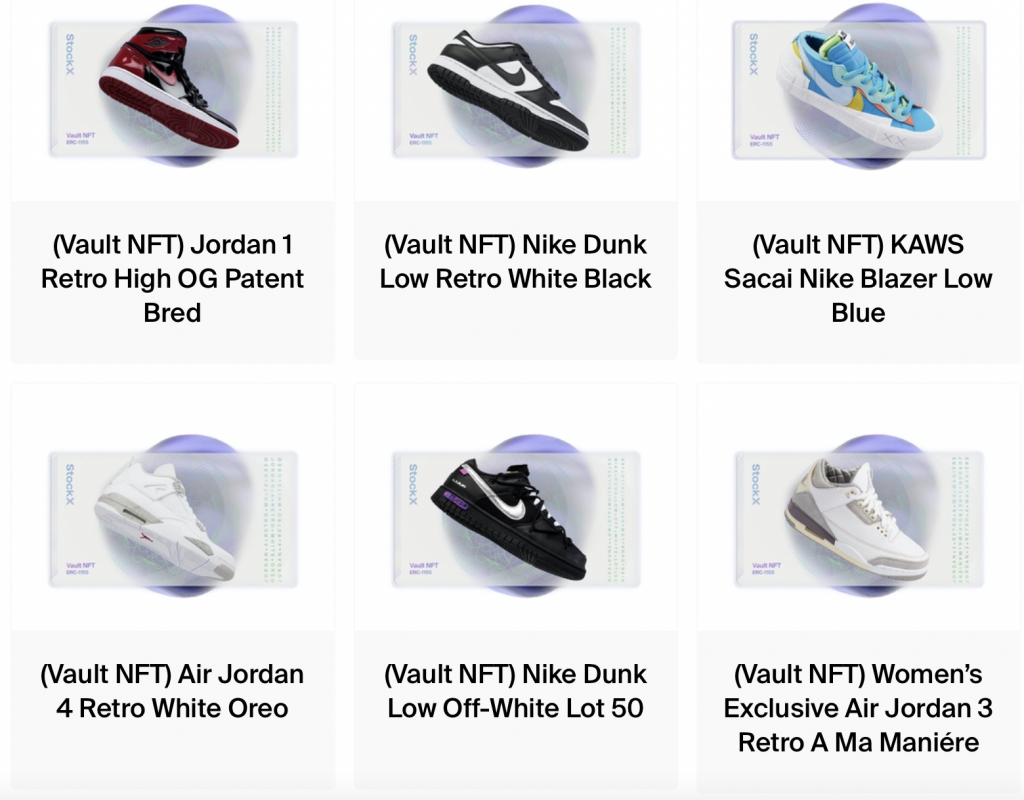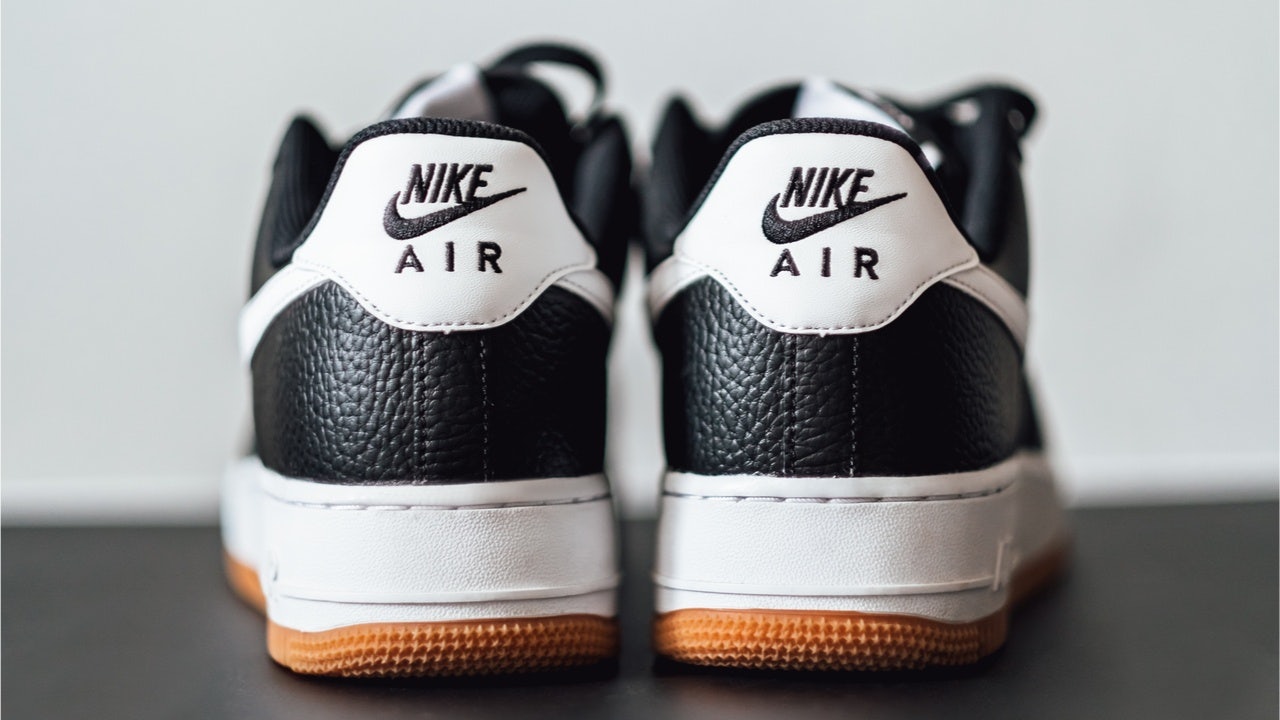What happened
This time, Nike is saying Just Don’t Do it. On February 3, the sportswear giant filed a lawsuit against the sneaker resale marketplace StockX for offering NFTs tied to images and physical versions of its footwear. In its 50-page complaint, Nike stated that “those unsanctioned products are likely to confuse consumers, create a false association between those products and Nike, and dilute Nike’s famous trademarks.” According to Nike’s lawyers, StockX has sold 558 individual Nike-branded Vault NFTs to date, none of which have been authorized.

The Jing Take
The sneaker titan has taken more steps into the metaverse recently, from launching NIKELAND on Roblox to acquiring the NFT brand RTFKT in December. And last month, CEO John Donahoe announced in an internal email that the company has created a new division called Nike Virtual Studios to “deliver best-in-class Web3, metaverse, and blockchain-based experiences.”
While Nike acknowledges that NFTs “are an exciting way for brands to interact with their consumers in and out of the metaverse,” this lawsuit emphasizes the murkiness that comes with any new gold rush market. For one, there’s the question of IP protection: When platforms and creatives profit off a brand’s trademarks, it not only makes it more difficult for that brand to identify its own digital goods in the metaverse but also potentially hurts its reputation through an association with inferior quality products, Nike explained.
And two, there are issues regarding inflated prices and questionable terms of purchase. For example, the StockX NFT version of the black and white Nike Dunk Low sells for an average of 809 while its physical counterpart retails for just 282. Although StockX says that these NFTs are tied to physical products and exclusive access to StockX releases, Nike pointed to the lack of a redemption process for NFT holders to claim these benefits.
Nike is not the only victim of NFT-related trademark infringements. In January, Hermès sued digital artist Mason Rothschild over his series of MetaBirkins NFTs, though Rothschild countered that “as art it was freedom of expression.” Meanwhile, after BAPE announced this week that it would soon launch NFTs, scammers have already ripped users off by thousands of dollars through the brand’s Discord channel.
While Bloomberg calls the metaverse an 800 billion market opportunity, it is also somewhat of a digital Wild West. Consumers looking to enter the space should stay vigilant against fraud, ensuring that their purchases are truly authorized by the brand. At the same time, brands may need to strengthen legal protections around their virtual offerings; Nike, luckily, had already filed a metaverse-specific trademark application prior to its StockX lawsuit.
The Jing Take reports on a piece of the leading news and presents our editorial team’s analysis of the key implications for the luxury industry. In the recurring column, we analyze everything from product drops and mergers to heated debate sprouting on Chinese social media.


